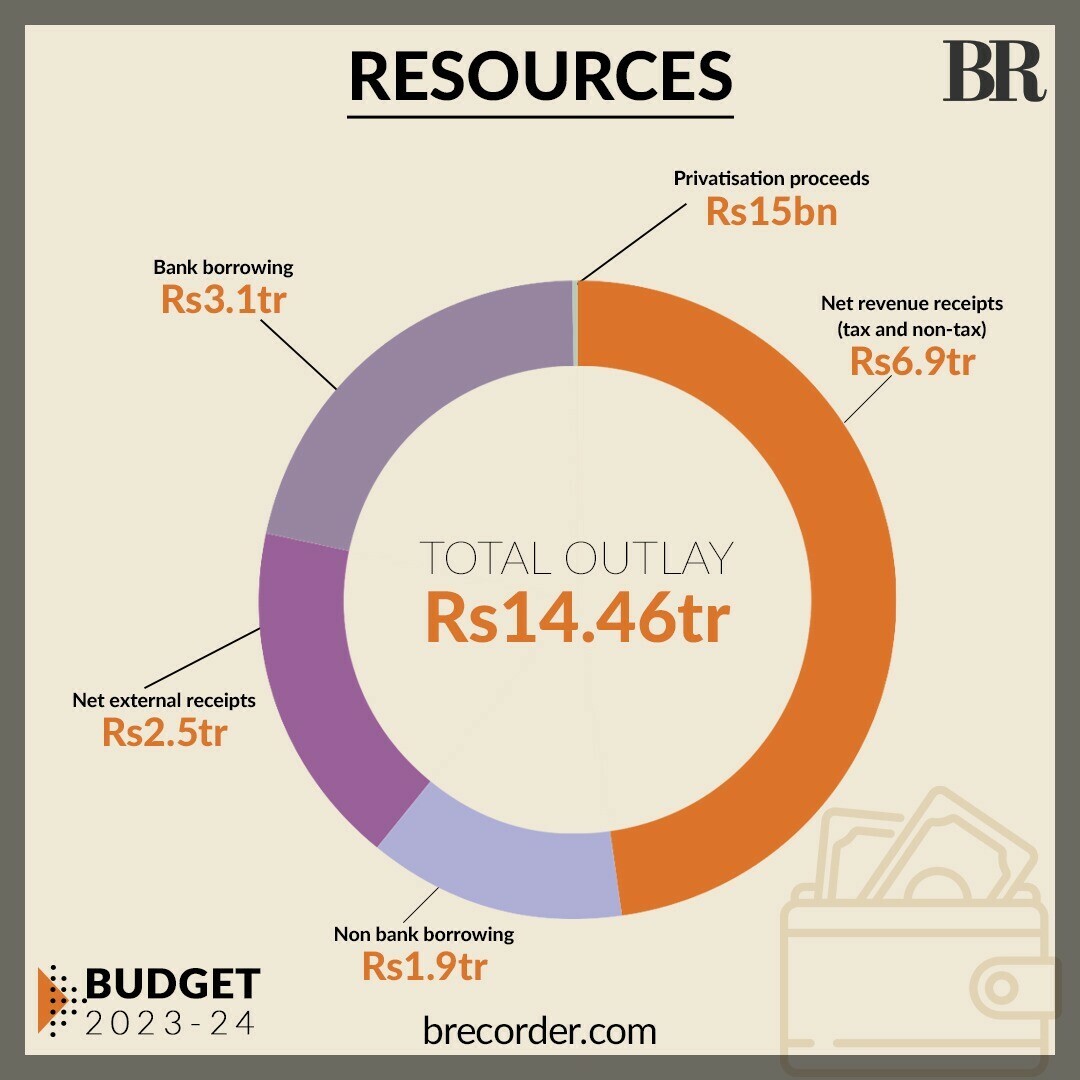The Pakistani government has recently unveiled new revenue measures amounting to Rs223 billion in its latest budget announcement. These measures are in addition to the taxes introduced in the mini-budget announced in mid-February, which will remain in effect. The government aims to generate over Rs500 billion in additional revenue for the tax year 2023-24 through these measures, which include raising the general sales tax from 17 percent to 18 percent, imposing a 25 percent sales tax on luxury item imports, and increasing taxes on cigarettes and drinks.
Key Highlights
- The government plans to share the tax details with the International Monetary Fund (IMF) and expects that the Fund will not raise any objections, as all their concerns have been addressed.
- The government intends to allocate Rs23 billion to industries and individuals under the revenue relief changes announced in the Finance Bill 2023. This relief includes Rs13 billion in customs duty and Rs10 billion in income tax. However, no relief has been announced in sales tax and excise duty.
- The government is optimistic about achieving a 28 percent higher revenue target for the next fiscal year, based on a projected GDP growth of 3.5 percent, average inflation of 21 percent, and the revenue measures outlined in the budget.
- To promote various sectors, the budget offers major relief in the IT sector for exports, solarisation, agriculture, and real estate.

Income Tax
- The Finance Bill proposes the continuation of the super tax but with fair adjustments for individuals earning over Rs150 million. Three new income levels have been introduced: Rs350 million to Rs400 million, Rs400 million to Rs500 million, and above Rs500 million. These income brackets will be subject to tax rates of 6 percent, 8 percent, and 10 percent, respectively.
- Other income tax changes include a 0.6 percent withholding tax on citizens not on the Active Taxpayers’ List (ATL) when they withdraw cash exceeding Rs50,000. The withholding tax rates on goods supply, services, and contracts will increase by 1 percent, with exceptions for specific items. Furthermore, a final withholding tax of 10 percent will be charged on bonus shares issued by a company, or 20 percent for non-filers of tax.
- The Finance Bill also proposes adjustments to the withholding tax rates on payments to non-residents using debit/credit or prepaid cards. Similarly, an adjustable advance tax of Rs200,000 will be charged when issuing a work permit/visa for a foreign domestic helper.
Sales Tax and Excise Duty
- In terms of sales tax and excise duty, the government has made certain adjustments. Sales tax has been withdrawn on edible products sold in bulk under brand names or trademarks. The tax rate has increased from 12 percent to 15 percent on supplies made by point-of-sale (POS) retailers dealing in leather and textile products.
- Furthermore, a federal excise duty (FED) has been imposed on energy-inefficient fans and incandescent bulbs at rates of Rs2,000 per fan and 20 percent ad valorem, respectively. The scope of FED on services has been expanded to include royalty and fees for technical services.
- Sales tax has been exempted for another year ending June 2024 on contraceptives and accessories, plant saplings, combine harvesters, dryers for agricultural products, no-till-direct seeders, planters, trans-planters, other planters, bovine semen, and the import of IT equipment by IT and ITeS exporters registered with the Pakistan Software Export Board.
- In the federal capital, a 15 percent tax will be charged on electric power transmission services. The rate has been reduced to 15 percent from 16 percent on IT-based system development consultants. A lower rate of 5 percent is proposed for services provided by restaurants and other food outlets if payment is made through debit or credit cards, mobile wallets, or QR scanning.

The Pakistani government’s new budget is a mixed bag. On the one hand, it raises taxes on a number of goods and services, which will likely lead to higher prices for consumers. On the other hand, it also provides some relief to certain sectors of the economy, such as the IT sector. Overall, the impact of the new budget on the Pakistani economy remains to be seen.
What are your thoughts on this? Let us know in the comments below.
Stay tuned to Brandsynario for the latest new and updates.












































